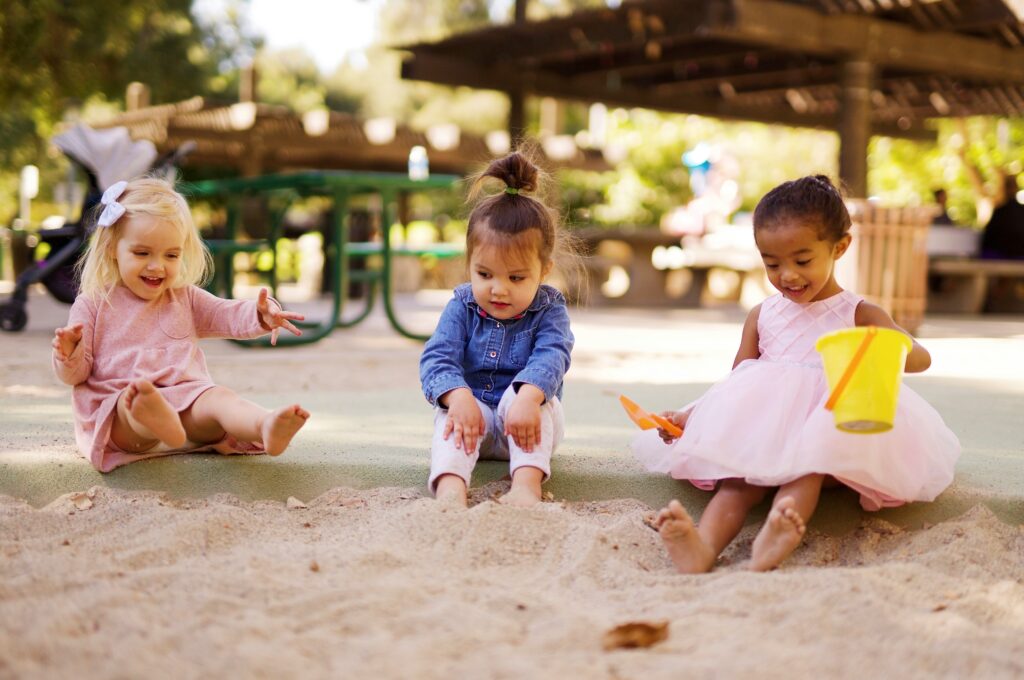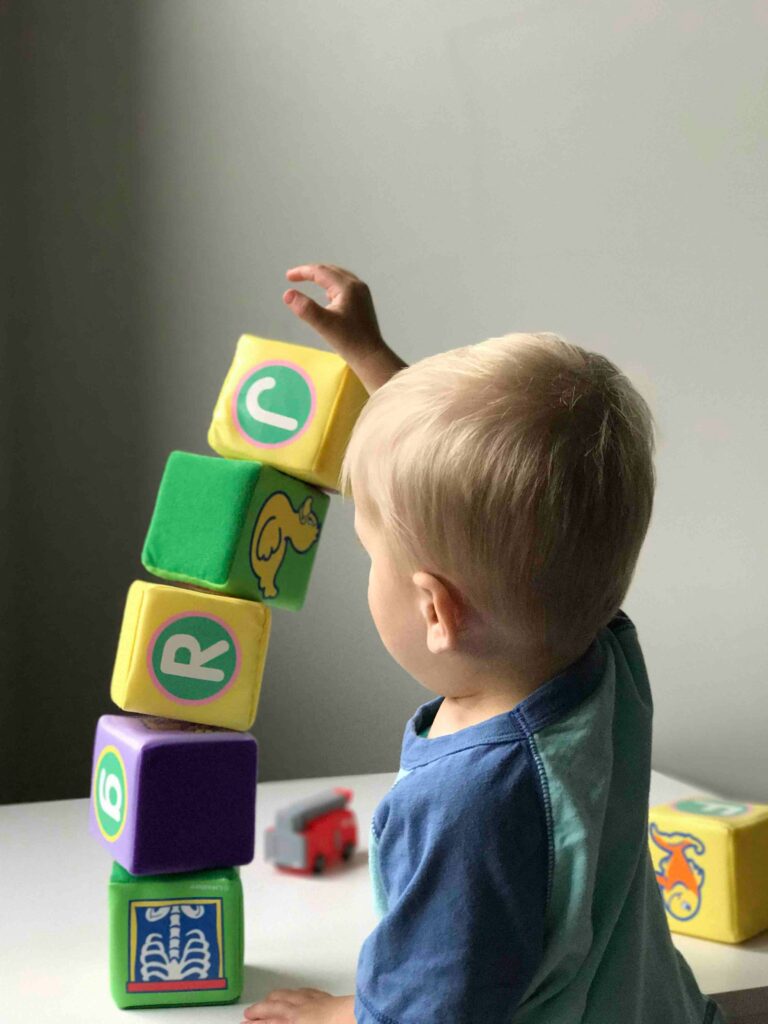
Crucial developmental tools for your kids: Independence and problem-solving.
Table of Contents
This sounds like a no-brainer, right? We all want our kids to be independent and we want them to have good problem-solving skills, yet we say and act in a way that can end up hindering problem-solving skills and stunting their level of independence. Lets look at how we hinder independence and problem-solving before looking at solutions.
Can you relate to these scenarios?
- You’re rushing and running behind in the morning. Your kid is moving like a turtle to put a jacket on. Instead of taking a step back and letting your kid figure it out, you say, “here, I’ll help you.” You zip up the jacket grab all your stuff and head to the car.
- You are at the park with your kid. Your kid is playing with some other children. One of them pushes your kid. You step in and say, “Hey we don’t push.”
- You’re making dinner, and your kid just loves to get into the cabinets and pull out the pots and pans to play with. You tell them, “No, we don’t get into the cabinets. Please stop making a mess.”
- Your kid is taking a bath. While in the bath, your kid decides to take the soap and squirt it all over the bathtub. You say, “No. No. No. We can’t do that. That makes a big mess!”
- Your kid climbs up on a table. You watch him/her trying to figure out how to get down as you walk over and say, “This is scary. Here let me help you.”
We are all guilty of saying something like the scenarios at one point or another. We get in a rush, and we forget that our kids are experiencing the world in a completely different way than we are, and they are learning every moment of every day.
The innate drive for independence and problem-solving.
Kids have an innate drive to become independent and find solutions to problems. The problem is that we get in the way. In each of those scenarios, we are shutting down their drive towards independence and problem-solving.

We must slow down, take a step back and just observe. If your kid is not in immediate danger, then just step back and watch. Experience the pure joy and excitement they have when they do something for themselves. It’s so easy to want to step in and help when we see our kids struggling, and yes, some cases you do need to step in, but try to give it a few minutes before you immediately go to help.
You do need to take into account your kids age when deciding when it is appropriate to step in versus letting them try to figure it out. A one-year-old kid at the park will not have the words to tell the other kid, “Please do not hit me.” I would argue that even one-year-old kids have some problem-solving capabilities, so wait a minute before you step in.
If your kid is two years old in the same scenario, they might have the ability to tell the other kid “No” or “stop.” They absolutely can know to walk away and play with other kids. Just observe before offering guidance.
Guidance in fostering independence and problem-solving.

A big piece here is when you do step in to help your kid, you want to offer guidance and support. Try to refrain from doing things for them. But instead, ask them questions on how they could work to solve the problem. Give them guidance on how to start zipping up the zipper, but don’t do it for them.
Get excited!
Lastly, show excitement with the things they do. If they put the clothes in the hamper, then shout, “YOU DID IT!” “Look at you! You put all the clothes in the hamper!” Clap, cheer, celebrate. It makes them feel good, and we all love to feel good. Let them explore and celebrate all their moments. If you missed my previous post, read more here on why we should avoid saying, “good job.”

Fostering independence and problem-solving is crucial for development. Without it kids can grow up feeling like they can’t do things, they shouldn’t try, and maybe afraid to take chances. Kids may come overly dependent on parents and fear stepping out into the real world on their own.
So remember to pause, take a step back, just observe, offer guidance when necessary, and celebrate.
